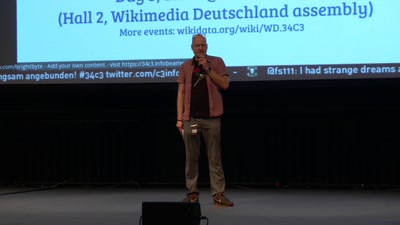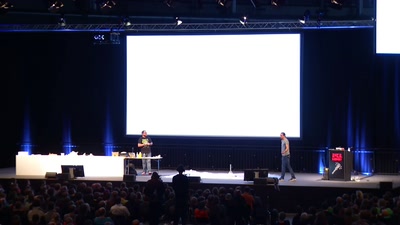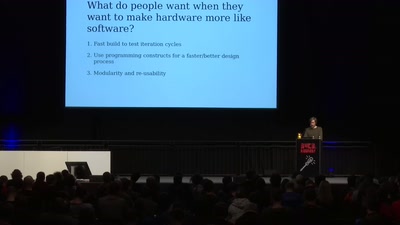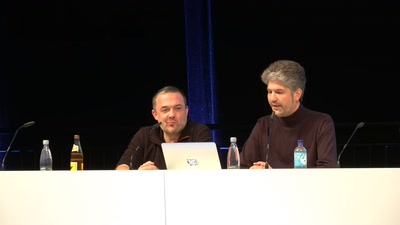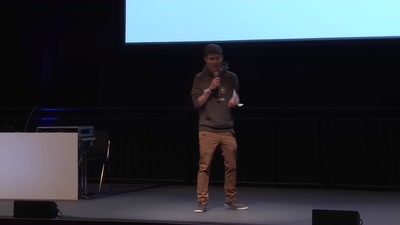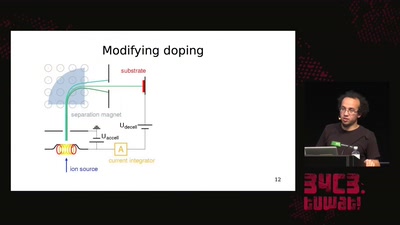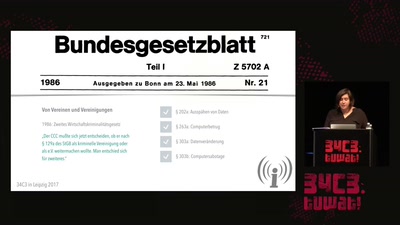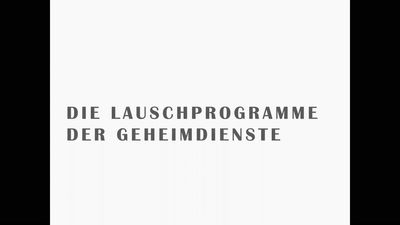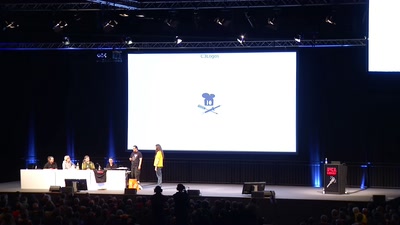Holography of Wi-Fi radiation
Can we see the stray radiation of wireless devices? And what would the world look like if we could?
Holography of Wi-Fi radiation
Philipp Holl [1,2] and Friedemann Reinhard [2]
[1] Max Planck Institute for Physics
[2] Walter Schottky Institut and Physik-Department, Technical University of Munich
When we think of wireless signals such as Wi-Fi or Bluetooth, we usually think of bits and bytes, packets of data and runtimes.
Interestingly, there is a second way to look at them. From a physicist's perspective, wireless radiation is just light, more precisely: coherent electromagnetic radiation. It is virtually the same as the beam of a laser, except that its wavelength is much longer (cm vs µm).
We have developed a way to visualize this radiation, providing a view of the world as it would look like if our eyes could see wireless radiation.
Our scheme is based on holography, a technique to record three-dimensional pictures by a phase-coherent recording of radiation in a two-dimensional plane. This technique is traditionally implemented using laser light. We have adapted it to work with wireless radiation, and recorded holograms of building interiors illuminated by the omnipresent stray field of wireless devices. In the resulting three-dimensional images we can see both emitters (appearing as bright spots) and absorbing objects (appearing as shadows in the beam). Our scheme does not require any knowledge of the data transmitted and works with arbitrary signals, including encrypted communication.
This result has several implications: it could provide a way to track wireless emitters in buildings, it could provide a new way for through-wall imaging of building infrastructure like water and power lines. As these applications are available even with encrypted communication, it opens up new questions about privacy.
Download
Video
These files contain multiple languages.
This Talk was translated into multiple languages. The files available for download contain all languages as separate audio-tracks. Most desktop video players allow you to choose between them.
Please look for "audio tracks" in your desktop video player.

